All Blogs
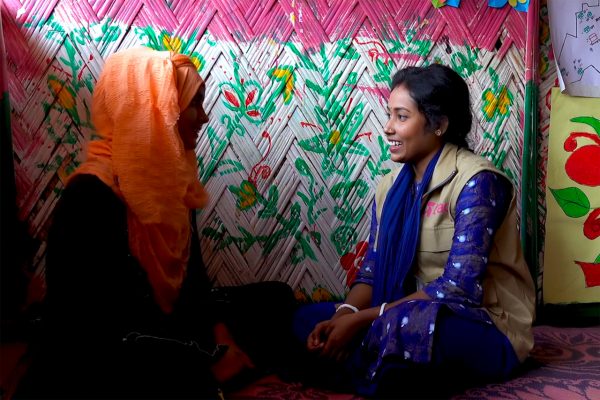
Mental health refers to the emotional, psychological, and social wellbeing of people and communities, and is the interaction between psychological, biological, social and environmental factors. Good mental health is an enjoyment of life, the ability to manage hardship and stress, having goals and fulfilling potential, and having good relationships. We all have mental health, ie, a state of mental wellbeing, in every stage of life – from birth to old age. It affects how we think, feel, and behave, and influences how we relate to others, manage stress, and make choices.
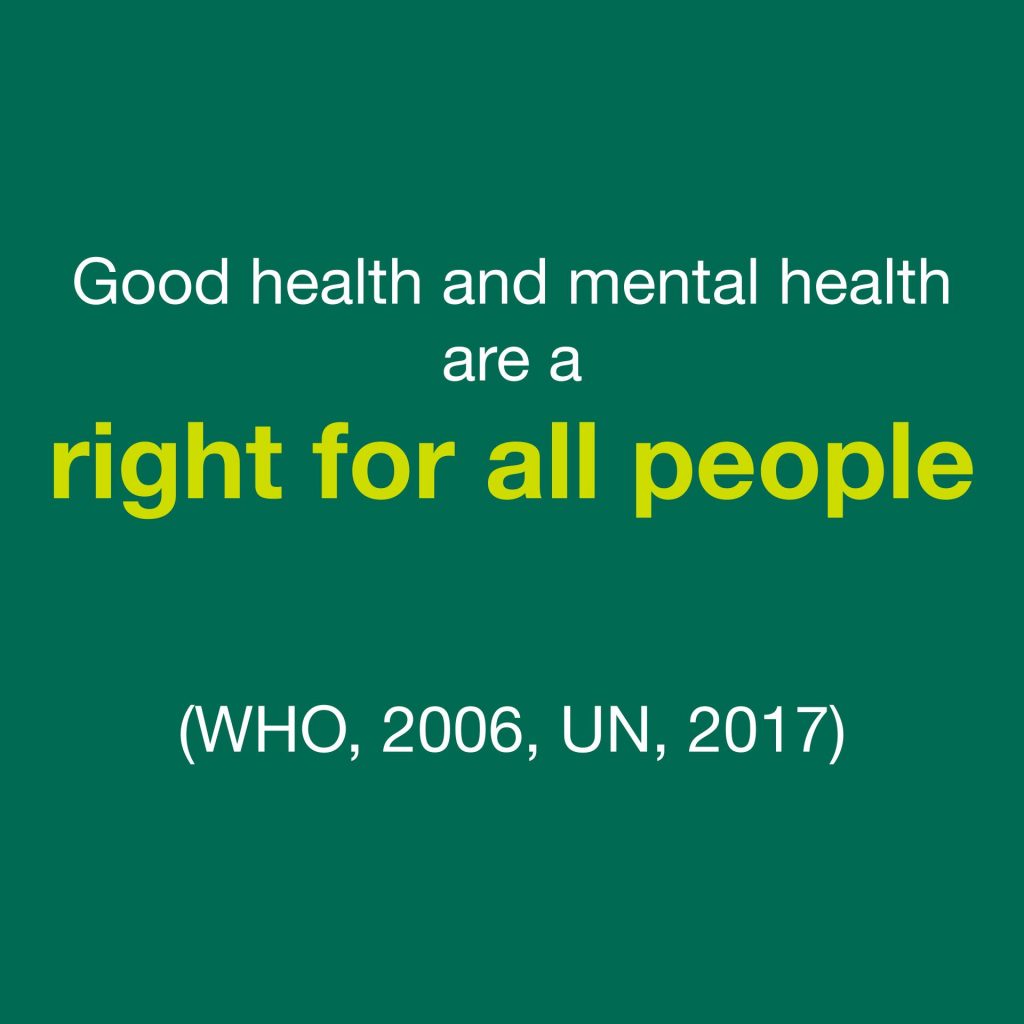
Mental health is not a fixed state, because …
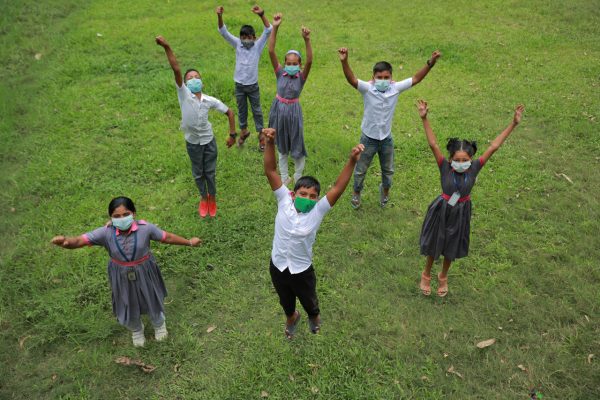
Many of BRAC’s schools reported 90% attendance in the first week of reopening. While this can be partly attributed to the excitement of schools reopening, and there are still significant challenges ahead in terms of keeping students engaged and addressing education gaps, it is an exciting start.
What are the likely reasons behind the high attendance?
One is teachers.
Teachers brought school to doorsteps during the pandemic. This was vital for BRAC’s students, many of whom are the first to attend school in their families. Students often do not have family members to support them with learning at home, …

Bangladesh had an export value of USD 34 billion in 2019, as the world’s second-largest exporter of apparel products (Export Promotion Bureau, 2020). The growth in the RMG sector has significantly contributed to women’s empowerment and employment in the country. According to The Global Economy, the latest female labour force participation rate In Bangladesh is 36.37 percent (2019). Women comprise 70% of all RMG workers in Bangladesh, yet most of them have remained unbanked (ERMG Project, BRAC). Although RMG workers are included in the labour force, countless women are not a part of financial …

Initial predictions of learning loss from COVID-19 paint a dire picture. Studies conducted in Karnataka, India, show close to a year of learning loss as a result of the pandemic. Research conducted four years after the 2005 Pakistan earthquake found students affected by three months of school closures were catching up on the equivalent of 1.5 years of schooling. There is evidence for the effectiveness of mitigation measures however, with remediation potentially able to reduce long-term learning loss by half.
The challenge of reopening schools is two-fold: first, maximise the safety of students and teachers amid …
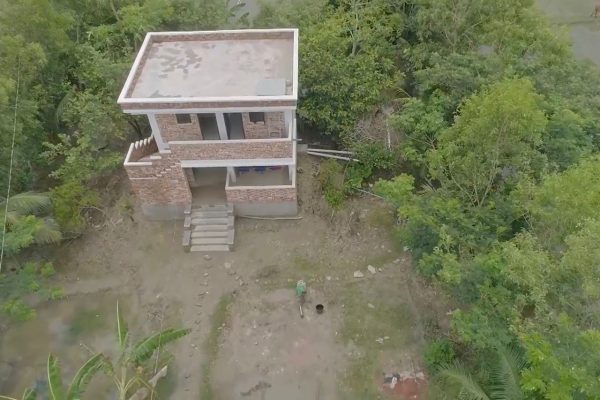
Floods and cyclones are the most common natural disasters in Bangladesh, a low-lying country situated in a delta. Naturally, the country has had to adapt.
Existing challenges are worsening however, with the rising impacts of climate change. Cyclones have intensified – every year, severe cyclonic storms uproot millions of people’s lives.
Bangladeshi coasts were hit by a super cyclone in 2020, uprooting the lives of 2.6 million people. The year before that, Cyclone Fani – with gusts of 127mph – caused damages worth USD 4.5 million. In 2018, Cyclone Titli, caused landslides in southern Bangladesh, killing at least four …
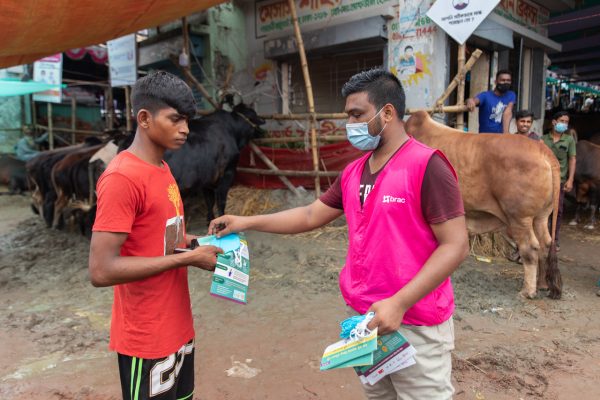
The pandemic is far from over in Bangladesh – with more than 3,000 new cases being reported daily. The Embassy of Switzerland in Bangladesh has worked to support Bangladesh through the pandemic for the past year and a half, including through BRAC’s Community Fort for Resisting COVID-19 (‘CFRC’ hereafter).
The CFRC project launched on 1 June 2021, and is making steady progress in supporting communities to become more resilient in the face of COVID-19 through prevention, masking, response and vaccination. Read more in the latest situation report here.
Read more: COVID-19 in Bangladesh: Update from Asif Saleh (6 …
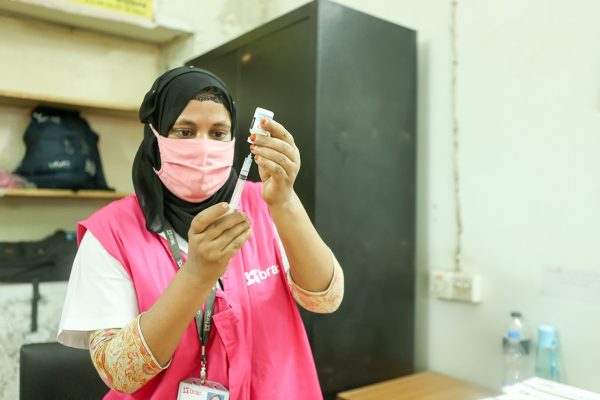
Dear colleagues, partners and friends,
Bangladesh is emerging out of its worst wave of the pandemic. Daily infection rates have dropped below 10 percent for the third day in a row. This follows a typical pattern. Since the pandemic began, COVID-19 has often followed a regular cycle.
In one country after another, the number of new cases has often surged for roughly two months before starting to fall. The Delta variant, despite its intense contagiousness, has followed this pattern. The question is whether Bangladesh is on the same path or not. That being said, the evidence on the effect …
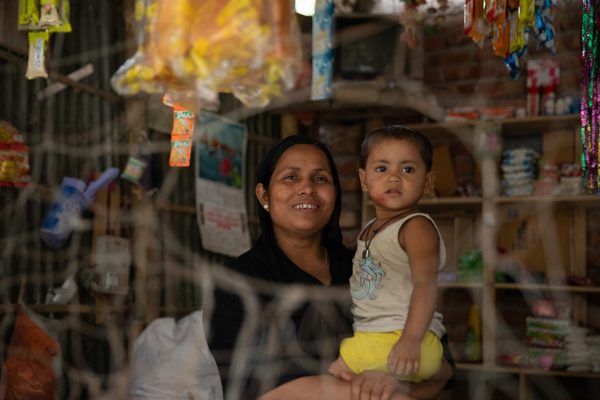
Johura Begum and her husband used to work at a garments factory in Chattogram, southern Bangladesh. Their collective incomes provided for their three children with ease, and allowed them to support their parents. Everything changed when the pandemic hit. The factory they worked at closed, leaving them both without two months of salary. They ran out of savings, could not pay rent, and debt started piling up.
Johura is one of the 24 million people in Bangladesh who newly fell into poverty as a result of the pandemic. Sudden job losses, interrupted value chains and drops in sales had …
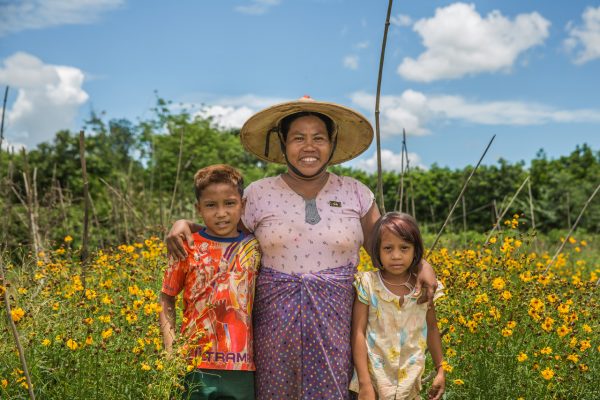
At BRAC, achieving impact at scale is our only bottom line. In the five decades since inception, BRAC’s microfinance programme in Bangladesh has grown to serve 6.5 million clients (8.1 million including savers). Ninety percent of these clients are women. Outside Bangladesh, we have built strong microfinance entities in six countries across Africa and Southeast Asia, serving more than 650,000 clients, of whom 96% are women. In the next five years, we anticipate growing our client base by more than one million in Bangladesh, and by another million in Africa and Southeast Asia regions. Through this, we aim to …

Bangladesh has seen a paradigm shift in the education sector. The year-wise dropout rate decreased from 47% to 19% between 2005-2017, and there are now more girls than boys in school. Dr Islam is one of the people who led these changes, and his legacy continues to inspire new generations of education leaders.
When BRAC began its journey in the newly-liberated Bangladesh, the food/population nexus was the most worrying issue in the country. Education took a back seat. There were several fundamental problems, with inadequate geographical reach of the formal education system being key amongst them. Many villages did …

Kanakchapa was studying in class 2 in a remote haor (wetland) region of Sunamganj, Bangladesh, when her mother died. Kanakchapa’s father had to juggle working as a day labourer and raising six children. Though Kanakchapa was still at an age where she required someone to look after her, she became a full-time guardian for her younger siblings. Eventually, she dropped out of school, while her father and elder brother worked to provide for the family.
“I used to look out the window and see my friends going to school. I wanted to go back to school, but I had …
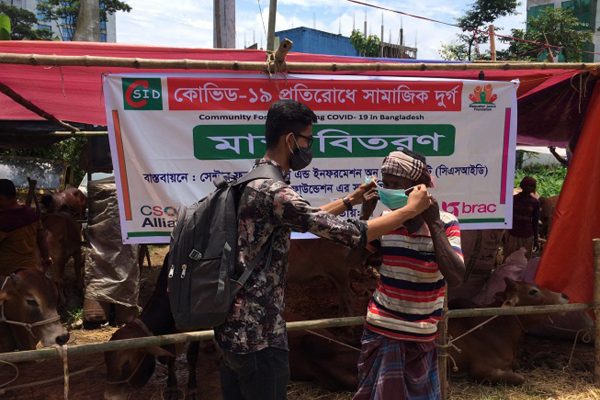
Lockdowns are being implemented around the world to contain COVID-19 cases. In a country where 87% of the labour force is employed in the informal sector though, staying home for indefinite periods of time is simply not possible. In Bangladesh, misinformation regarding the virus is rampant, and mask-wearing has not become a habit yet for many. Cramped living conditions in informal settlements and the cost of hygiene items make it even more difficult for people in low-income communities to maintain health guidelines.
Read more: COVID-19 in Bangladesh: Update from Asif Saleh (31 July 2021)
BRAC is supporting communities across …

